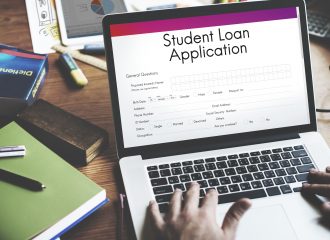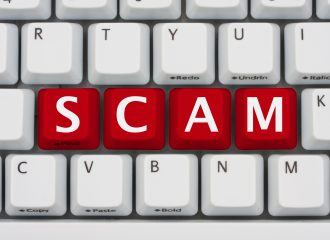4 Ways to Protect Your Finances During the Pandemic Season

The COVID-19 pandemic has drastically changed our day to day lives in ways that have never been seen before. We are now on one of the longest periods in recent history wherein people are forced to work from home – if at all. We are now in one of the most widespread recessions in the last decades, and international trade has diluted to the point that local businesses had been forced to shut down, affecting thousands of jobs across the country. For most of us alive today, there has never been a time such as now.
Measures have been taken to “flatten the curve”. Economic sectors are adapting to online means of conducting transactions and businesses, while governments are releasing aids and stimulus programs to get businesses and people through the crisis.
However, despite various efforts, people are still affected to this day, and finances have taken a hit. The economy will eventually bounce back, as it always does, but so far, the end is still not in sight. In the meantime, here are four things that you can do to protect your finances amidst the growing crisis.
Protect your finances from bills you can’t pay
The majority of the American workforce right now has lost some income in some way. Many are forced to work reduced hours, while 25% have someone in their household who lost their jobs during the pandemic. Because of this, it’s going to be understandably difficult to pay bills and other financial obligations for those affected.
If you’re one of these people, reach out to your lenders and credit service providers in order to notify them of your situation. As this is a widespread occurrence, it’s most likely that they have developed policies on how to deal with situations such as yours. One example is the Coronavirus Aid, Relief, and Economic Security (CARES) Act, which was set up for this reason. Contact your providers and see if they can set a modified payment schedule for you, waive certain fees, give you extensions, or suggest other actions that can give you relief from your obligations.
If you’re a student saddled with loans, check in with your provider for any actions you can take to qualify for special exemptions or alternative payment methods. You can even reach out to government agencies to help you with your mortgages and other sorts of credits.
Just prepare to answer questions on when you can restart your payment and how much you may be able to to pay. This is important to do, since missing payments or being late without proper notification can have drastic and long term effects on your credit score.
Protect your finances from job loss
As mentioned above, individuals aren’t the only ones affected by the pandemic. Many companies and businesses have also been forced to temporarily or even permanently close down.
If you’re one of the people who lost their jobs because of the pandemic, you should immediately contact government agencies to apply for unemployment benefits. Your state unemployment office, for example, is there for this exact reason. Talk to them about your eligibility for benefits and other resources available to you.
Senior citizens who need support during this time can also apply for benefits. Check in with the National Council on Aging through their website or through their various media and telephone contact methods. They will be able to link you to a local or state assistance available to you in your area.
Protect yourself from financial illiteracy
If you live in one of those cities and towns on complete or partial lockdown, then you probably have a lot of time in your hands. You may be keeping yourself entertained with your favorite shows or keeping up with the latest headlines on COVID-19 situation worldwide.
While these are fine pursuits, you can also take the time to learn more about financial literacy, if you haven’t already.
Many organizations offer free resources in learning personal finance and financial literacy. More than that, there is a lot of information just floating around online, even on social media platforms like Reddit or YouTube. Using these resources, you can learn to be more intelligent about your budgeting, how to begin investing, how to manage your debt better, and – most importantly, in our opinion – how to build up a suitable emergency fund.
In these uncertain times, it’s important to arm yourself with all the knowledge you can. Knowledge is something that you can control, and it’s always going to help you make better decisions. Knowledge may even help you alleviate your situation – and even if not, it’s certainly going to help you not make things worse.
Protect your money from scams
Whenever there is an opportunity to scam, you can bet that someone out there will take it. The pandemic has everyone on edge and afraid, and those are the precise conditions that scammers prey on.
For example, police departments in a lot of states nationwide have reported scams that involve people calling and introducing themselves as from the CDC and asking people to reserve their vaccination shot with their social security and credit card numbers. There are a lot more schemes ranging from fake vaccines to work at home scams and even pyramid schemes.
Government agencies warn the people not to trust any links that they don’t know, to ignore offers for vaccinations or anything related like products to cure the virus, to reject donations coming from organizations that you do not recognize, and block out any unfamiliar individual or company that will try to ask you for your sensitive personal information.
In these times where most of us are forced to be socially isolated and are afraid, it may be tempting to believe in things that promise for things to get better immediately. However, this is a false, cruel hope and will only bring you more headache down the road. Remember to always do your research about anything you’re offered and to never give anyone money outright.
Conclusion
This pandemic has made us all uncertain and afraid. If we’re not in the right state of mind, there’s a high chance that our finances will suffer as well, therefore bringing even more fear and uncertainty to our lives. Hopefully, with these four ways to protect your finances from the effects of this pandemic, you can brave these new waves.






